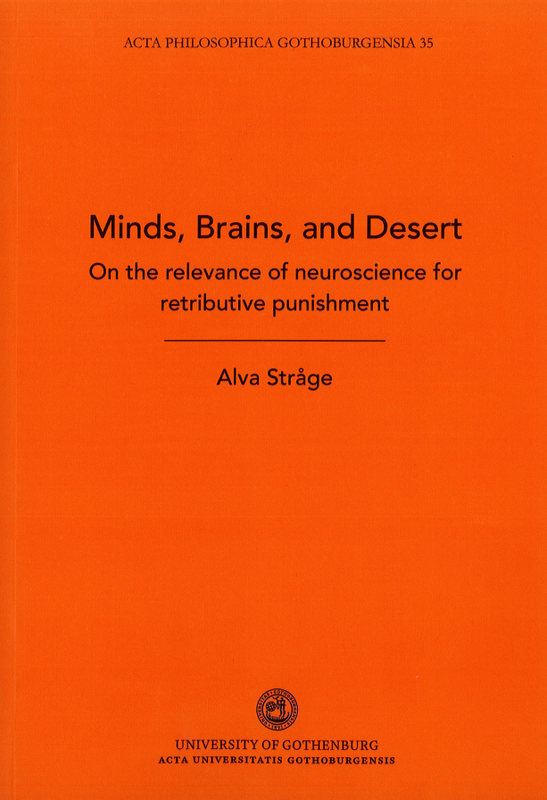It is a common idea, and an element in many legal systems, that people can deserve punishment when they commit criminal (or immoral) actions. A standard philosophical objection to this retributivist idea about punishment is that if human choices and actions are determined by previous events and the laws of nature, then we are not free in the sense required to be morally responsible for our actions, and therefore cannot deserve blame or punishment. It has recently been suggested that this argument can be backed up by neuroscience, since neuroscientific explanations of human behavior leave no room for non-determined free actions. In this thesis, an argument of this sort is discussed. According to this argument, that I call “the Revision Argument”, we should revise the legal system so that any retributivist justification of punishment is removed. I examine some objections to the Revision Argument according to which compatibilism about free will and responsibility is a morally acceptable basis of retributive punishment. I argue that these objections have difficulties in providing a plausible account of the relevant difference between people who deserve punishment for their actions and people who do not. Therefore, I argue that they fail to refute the conclusion of the Revision Argument.


